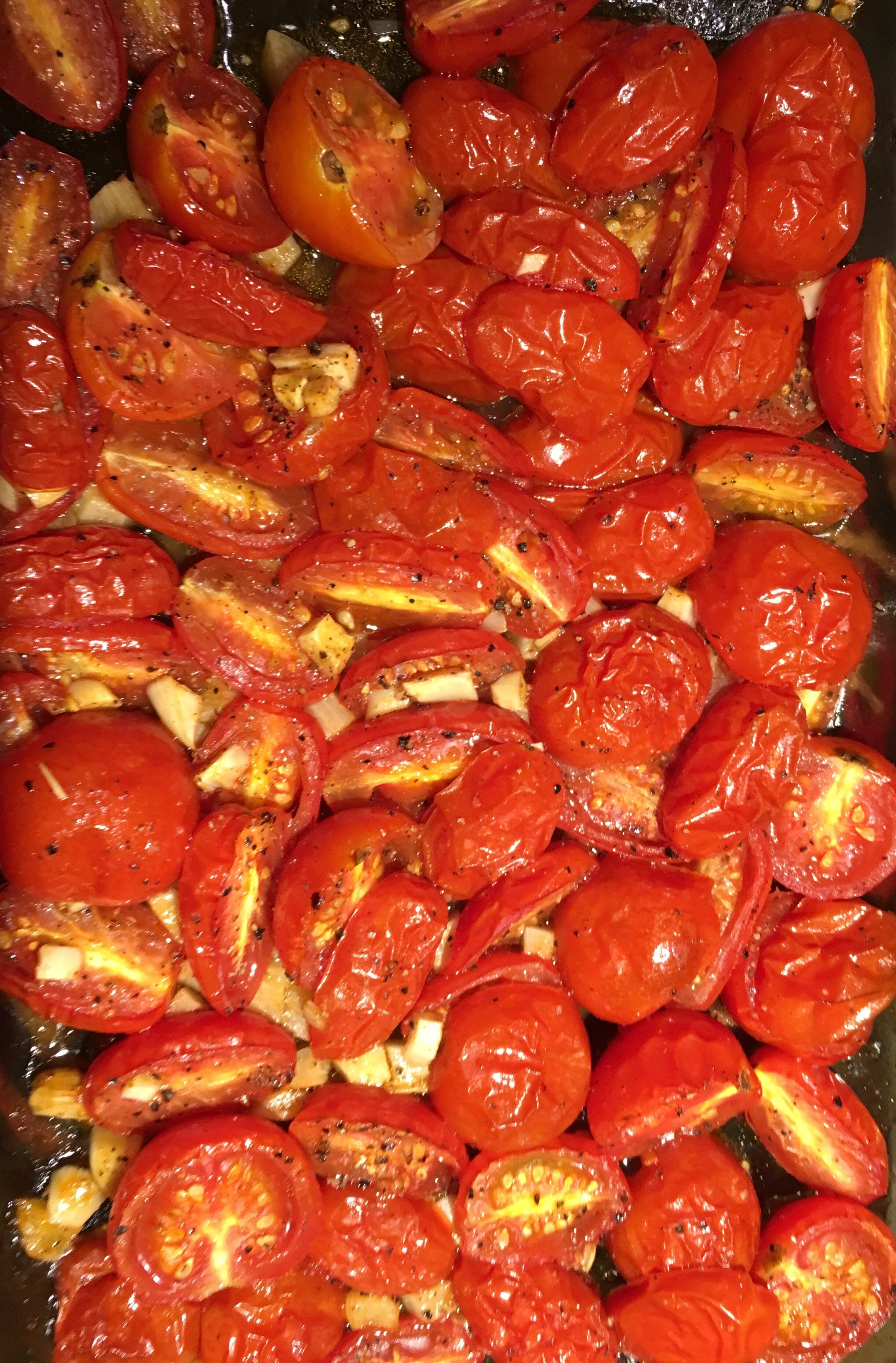· Beijing’s pollution levels are way down.
· The administration, and the public, will need to acknowledge the validity of science.
· People are pulling together during difficult times.
· Be proactive instead of reactive – boost immune system, don’t panic, eat better, get enough sleep, gain perspective (you won’t die, but the world economy will suffer).
· Consider alternative treatment methods such as antiviral essential oils, we currently have no foolproof treatment method for this virus.
· We learn how globally connected we are. Physical walls don’t protect us, the virus is coming in via boat and plane.
· Our immune systems get to practice on new challenges.
· China bans trade and consumption of wild animals (although not sure how much this will really do, but the awareness of the damage and cruelty of the pangolin and other wild animal trade is rising).
· Age of transparency – China, Japan, and US leaders are being rebuked for sweeping the importance of this outbreak under the rug, and it’s blowing up in their faces.
· Virus takes hold in acidic body chemistry environment. Mmmmhhhh, that means cutting out sugar, starch (potatoes, rice), white flour (pasta, baked goods, pizza, waffles), and eat way less meat.. This is not a new message, these food items, eaten in excess as in the SAD Diet, also cause diabetes, heart disease, inflammation, and possibly promote cancer. Eat your veggies!








